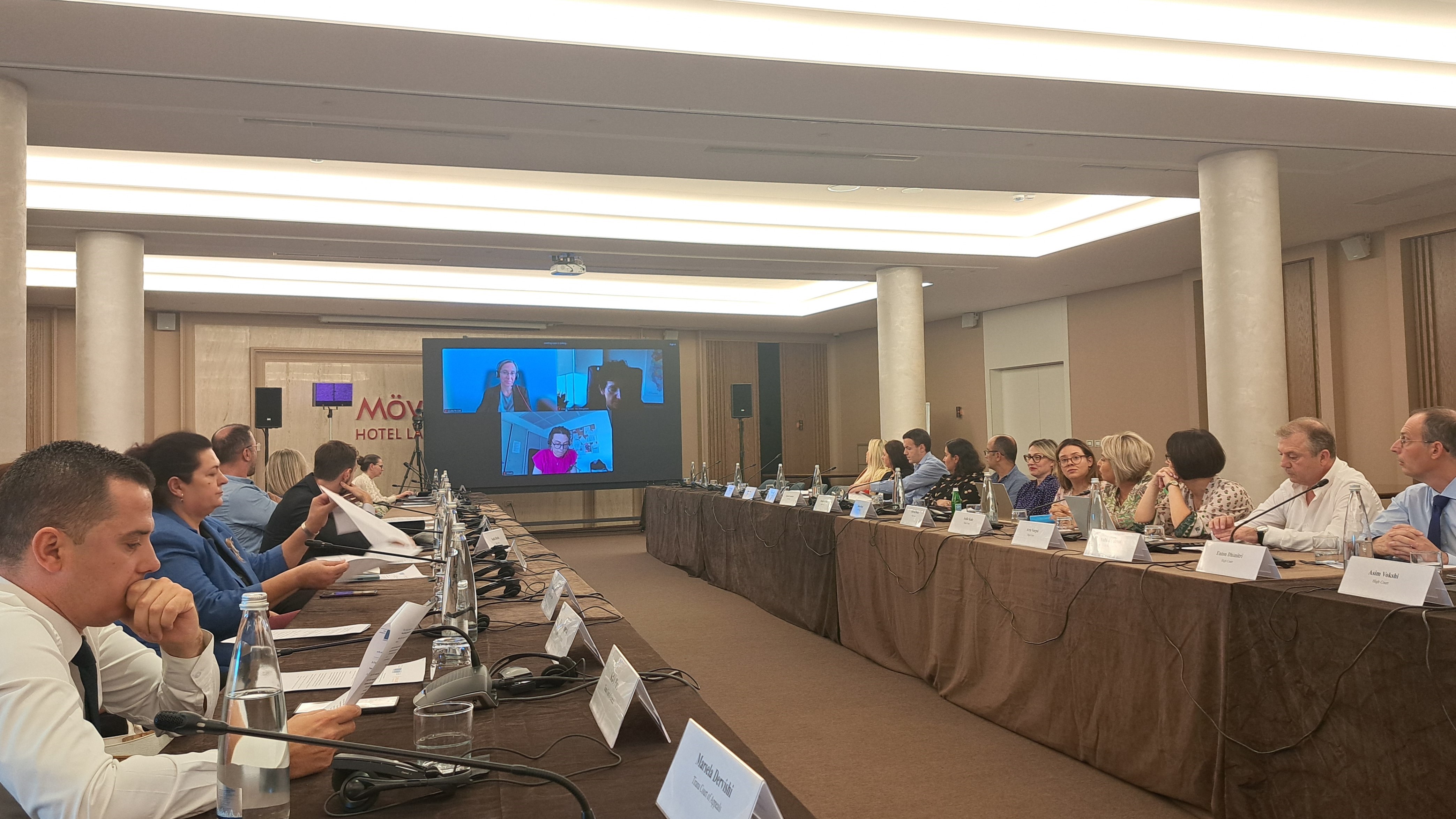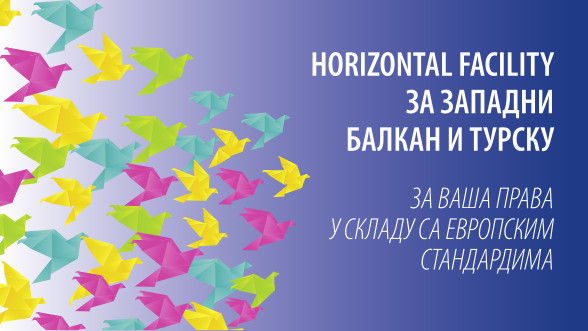Over 40 judges and senior legal advisors from Albania’s Supreme Court and appeal courts participated in the Judicial Harmonisation Forum to strengthen uniform and coherent judicial practices, in line with the standards of the European Court of Human Rights (The Court).
During the two-day forum, participants exchanged experiences, reflecting on how their practices could be better aligned with the European standards. They also identified inconsistencies in court rulings, and collaborated on practical solutions to enhance consistency.
Welcoming the initiative, Sokol Sadushi, President of the Supreme Court of Albania, emphasized that judicial harmonisation is vital for legal certainty and the credibility of justice.
Giulia Re, Head of the Council of Europe Office in Tirana, highlighted the direct impact of courts’ work on citizens, praising the judges’ professional and personal commitment to improving justice in Albania.
Cinzia Tarletti, Head of Section for Rule of Law and Good Governance at the European Union in Albania, in her remarks underlined the EU’s strong support to judicial harmonisation, noting its role in reinforcing trust in the justice system but also in advancing Albania’s EU integration process.
Albanian Judge of the European Court Darian Pavli opened the forum with valuable insights on the recent judgment of the ARB shpk and Others v. Albania (2025)[1]. He discussed fair trial standards, timely proceedings, and effective remedies, highlighting their impact on the protection of citizens’ rights. Judge Pavli provided a framework for improving domestic judicial reasoning in Albania and urged courts to view Strasbourg Court principles as practical tools for predictability and accessibility.
In conclusion, participants agreed that such dialogue must be ongoing, calling for regular and structured co-ordination between the Supreme Court and lower courts, to ensure the judiciary speaks with one clear and reliable voice. The judges committed to making these exchanges permanent and to applying Strasbourg case-law more systematically in their judicial reasoning.
This event was organised in the framework of the Action on Improving the protection of the right to property and facilitating the execution of ECtHR judgments in Albania, part of the EU and Council of Europe joint programme Horizontal Facility for the Western Balkans and Türkiye, in co-operation with the Supreme Court of Albania.



